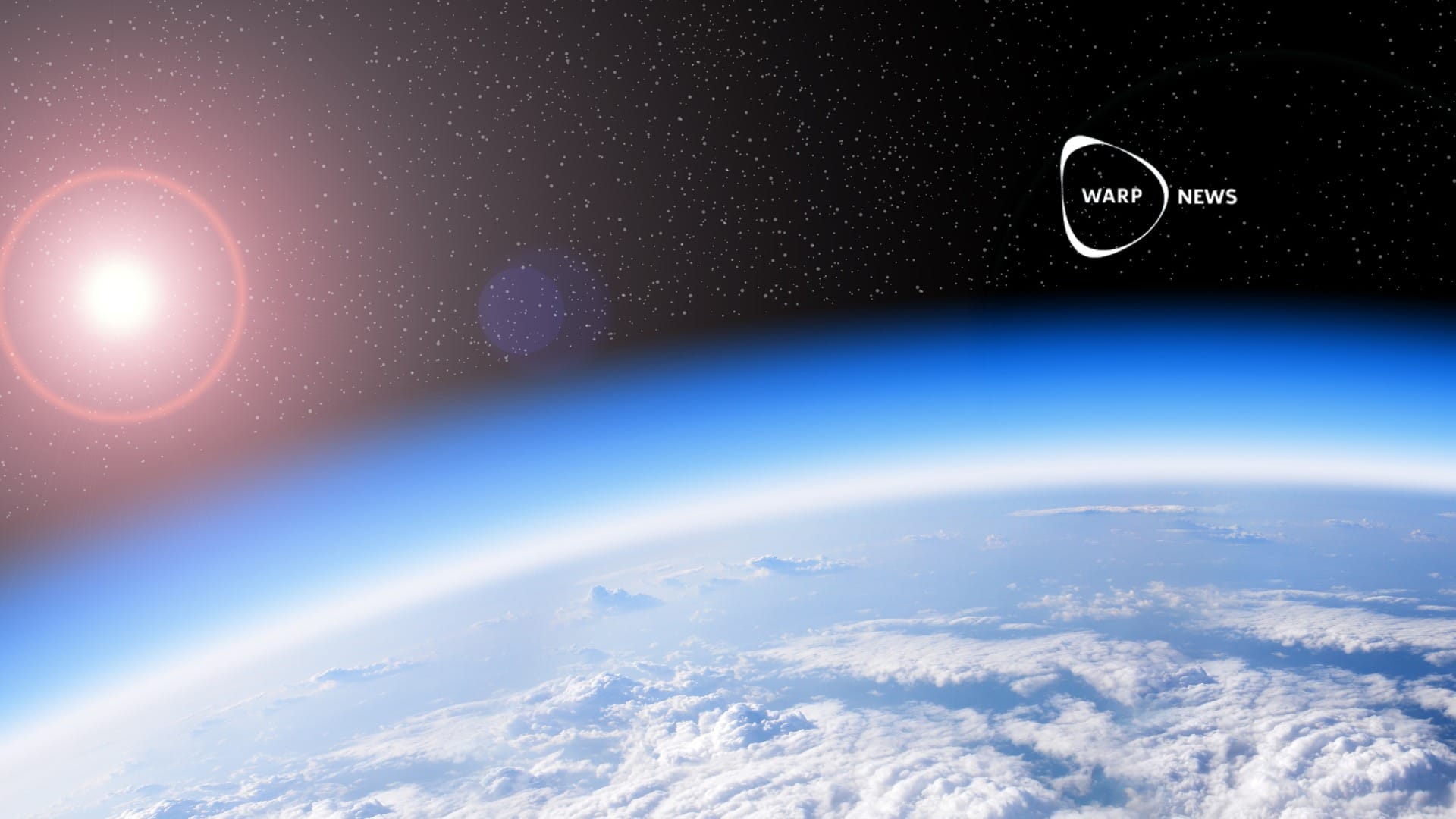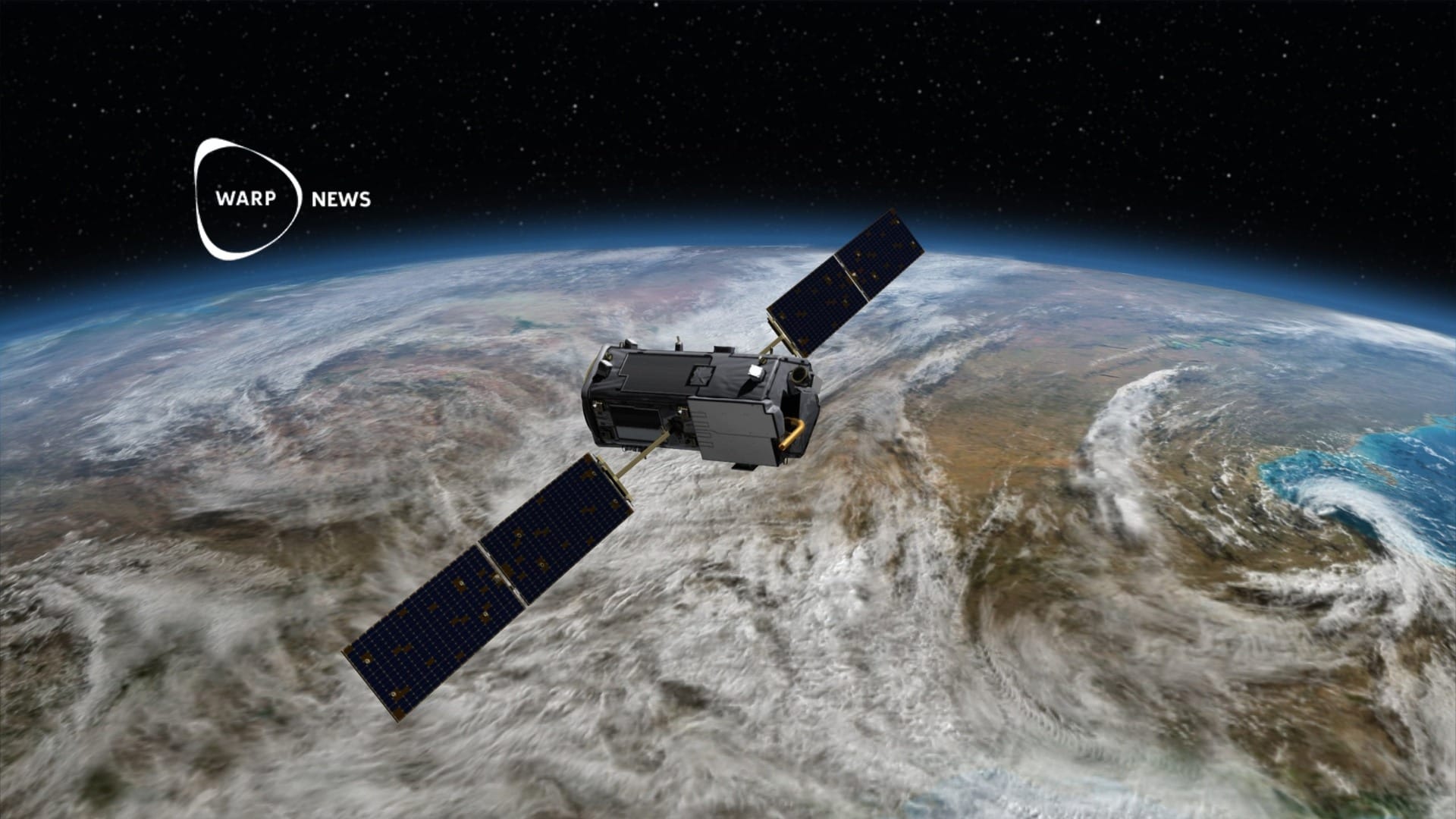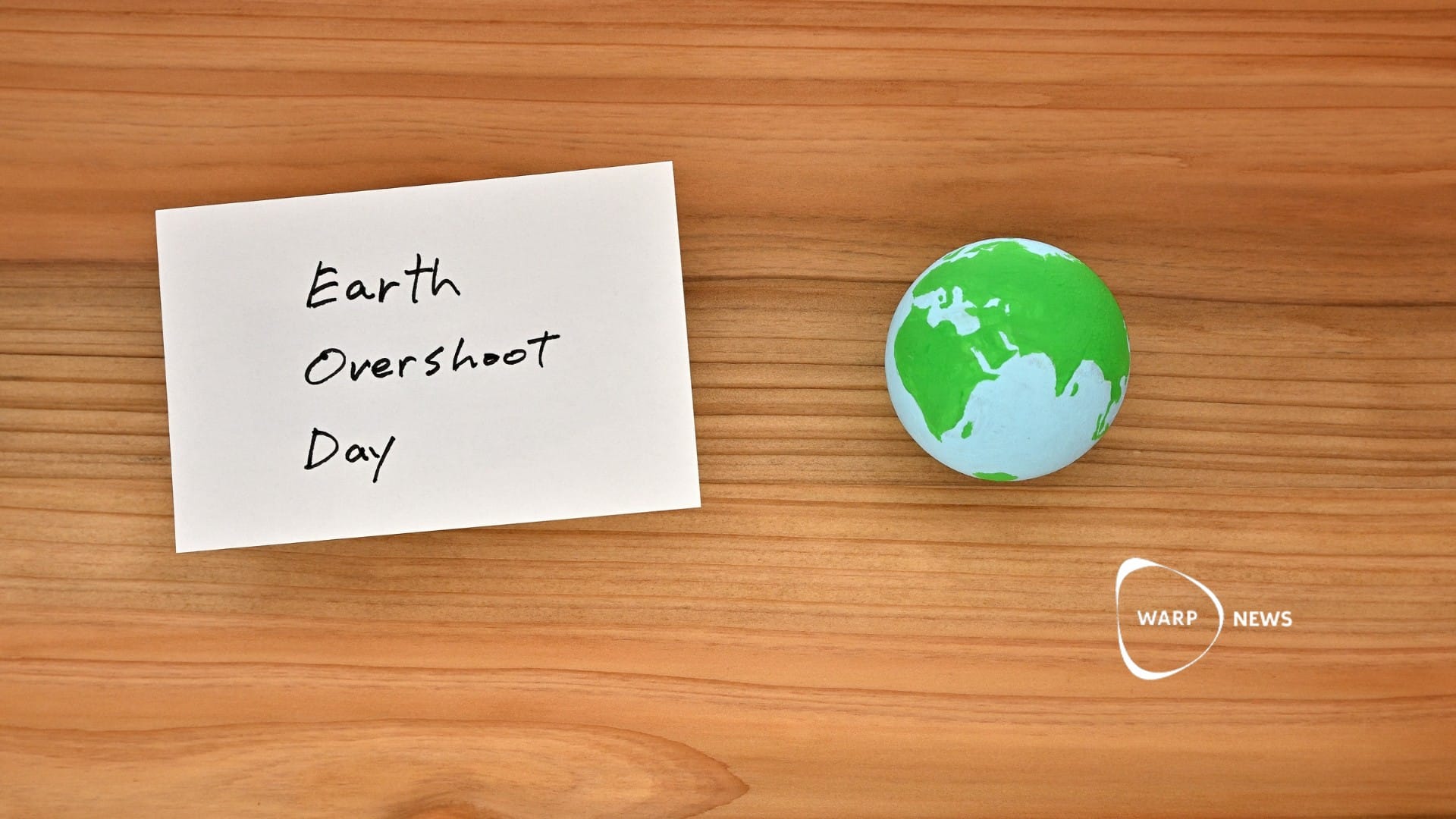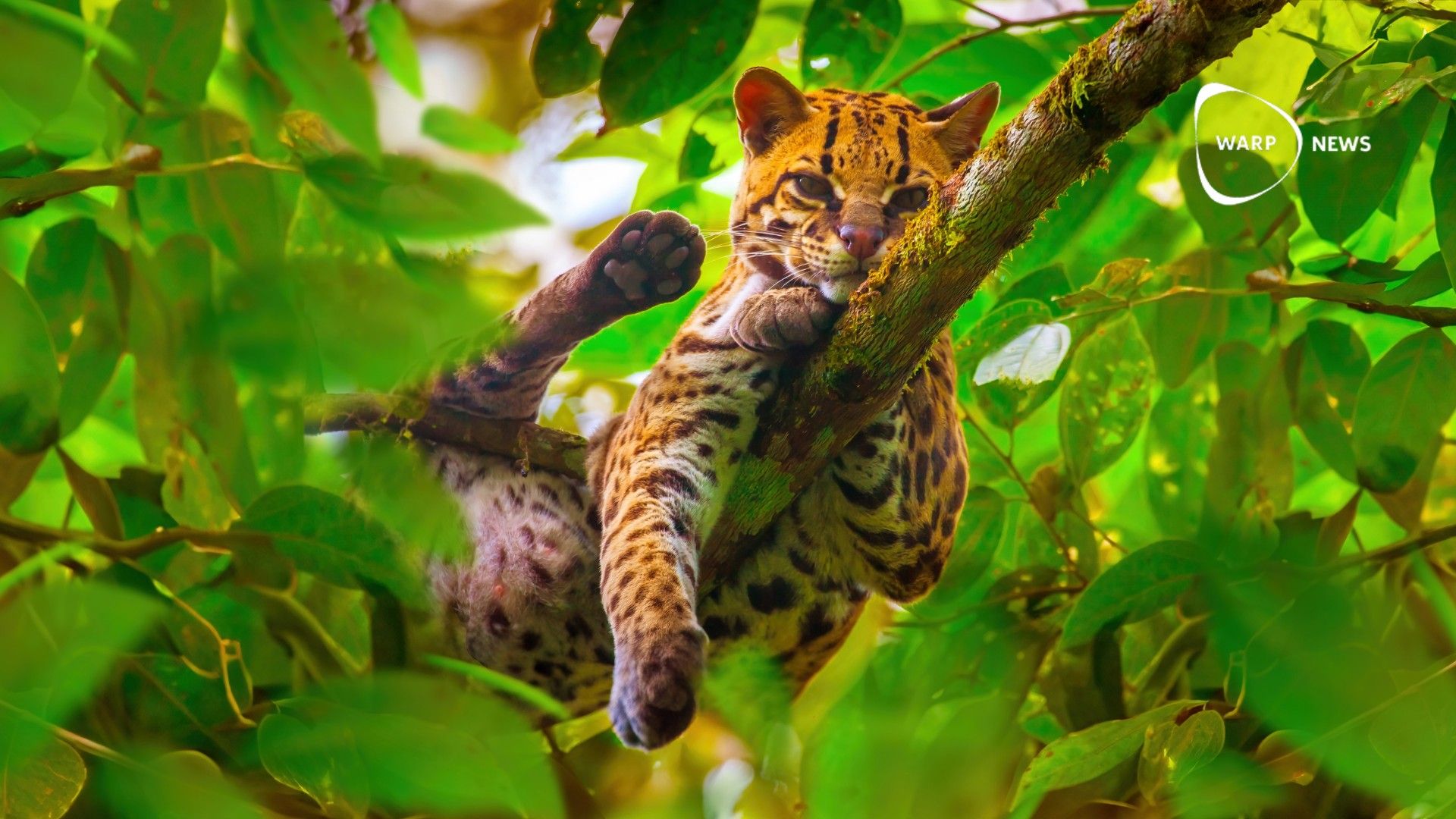Environment
🐎 Wild horses return to the Kazakh steppes after 200 years
The world's last wild horses, Przewalski's horses, have returned to their original home in Kazakhstan. The horses come from zoos in Berlin and Prague. The plan is to transport a total of 40 horses to central Kazakhstan over the next five years.
🌎 The last ozone-depleting chemical is now decreasing
The levels of the ozone-depleting chemical HCFC have been declining since 2021. The ozone layer is recovering, and the dangerous ozone hole is shrinking. The Montreal Protocol, adopted in 1987, has been crucial in reducing the use of ozone-depleting substances.
🐦CyberTracker helps indigenous communities document biodiversity
CyberTracker's software, developed in collaboration with indigenous communities, enables nearly anyone to collect complex biodiversity data. Even individuals who are illiterate can collect detailed data.
🌼 A periodic table for flowering plants has been created – includes 9,500 species
Researchers analyzed 1.8 billion genetic letters from over 9,500 species of flowering plants. The research reveals the evolutionary history of flowering plants.
🛰️ NASA has discovered a way to predict flash droughts months in advance
Flash droughts occur suddenly and quickly, but now researchers at NASA's Jet Propulsion Laboratory have found a way to detect them early. Plants' "glow" diminishes before a flash drought, and this change can be observed by satellites.
🐳 Researchers begin to understand the basics of sperm whale language
Scientists have identified the fundamental components of sperm whale communication. Through the analysis of over 8,700 clips of sperm whale clicks, a complex communication system resembling a phonetic alphabet has been revealed.
🌎 Global Overshoot Day occurs later this year
According to the Global Footprint Network, ecological "overshoot" occurs when human demand exceeds the regenerative capacity of natural ecosystems. The later in the year this day occurs, the better. (But the model also has clear flaws.)
🌎 The vast majority believe in climate change and want to do something about it (but think others don't)
A study published in Science, in which 59,000 people in 63 countries were surveyed, showed that 86% "believe" in climate change. 86% think that people in their country "should try to combat global warming." However, they wrongly believe that others do not think the same.
🌳 Ecuador's forests are making a comeback – and AI helps track the health of the forest
Scientists have found that within the last 25 years, a cornucopia of species, from the smallest insect to the top vertebrates, have made a comeback in areas previously cleared for agriculture.







